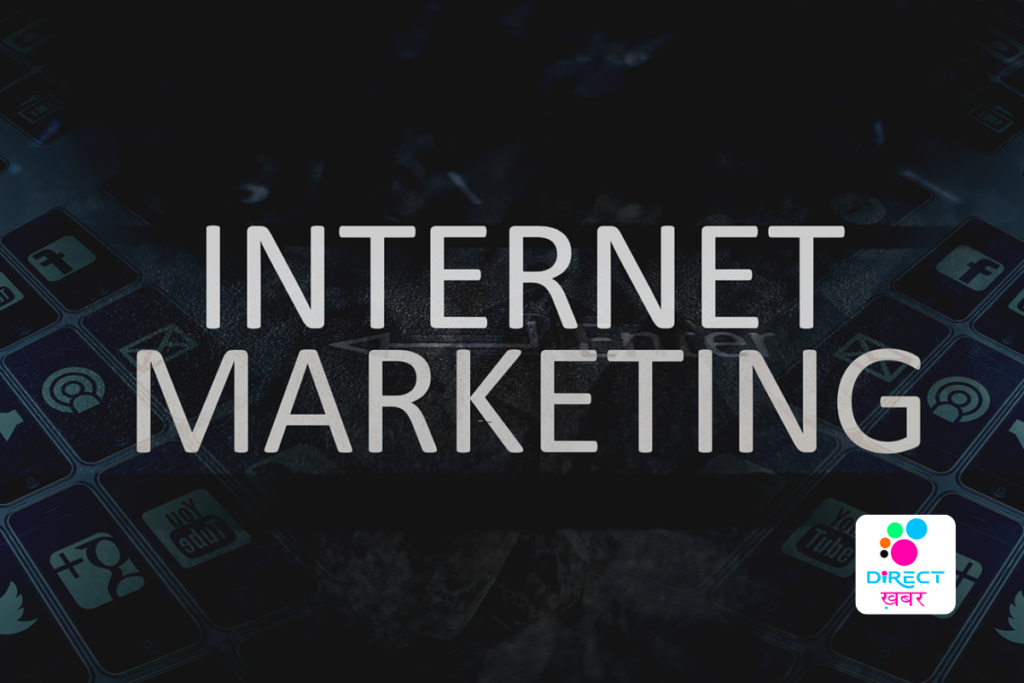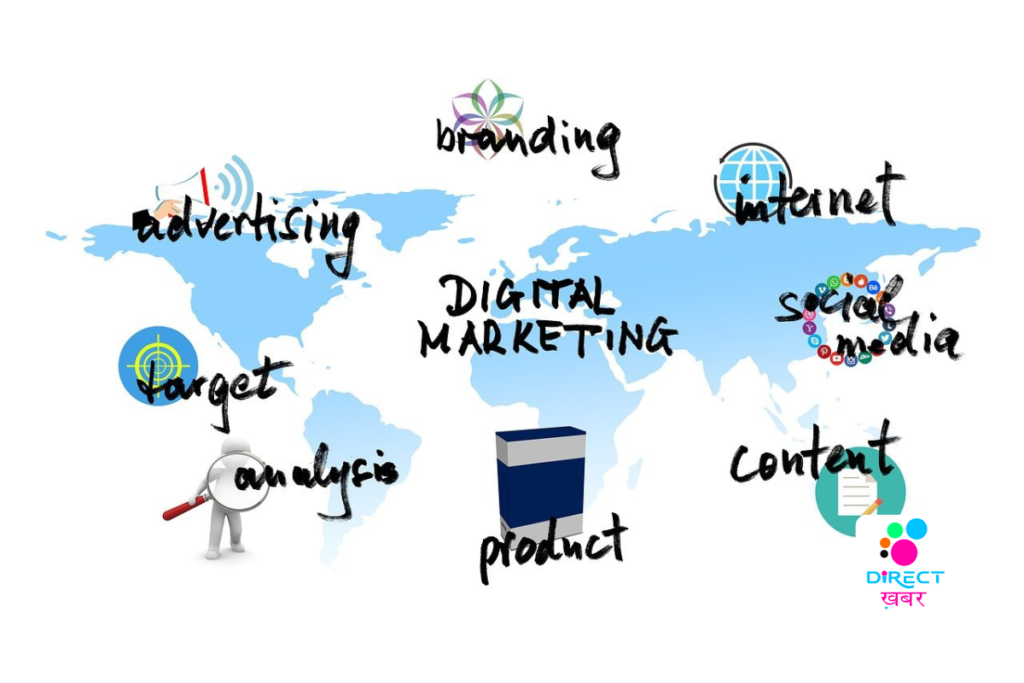Leveraging Influencer Marketing for Growth
In today’s digital age, influencer marketing has emerged as a powerful strategy for businesses to reach their target audience, build brand awareness, and drive sales. With the rise of social media platforms like Instagram, YouTube, TikTok, and Twitter, influencers have become trusted voices with significant followings in various niches. Leveraging influencer marketing effectively can lead to exponential growth for businesses. In this article, we’ll delve into the intricacies of influencer marketing and explore how businesses can harness its potential for sustainable growth.

Understanding Influencer Marketing
Influencer marketing involves collaborating with individuals who have a dedicated and engaged following on social media platforms. These influencers have the power to sway the purchasing decisions of their audience through authentic and relatable content. Unlike traditional celebrities, influencers often have a more niche focus, allowing brands to target specific demographics effectively.
Benefits of Influencer Marketing
- Increased Reach and Exposure: Partnering with influencers allows businesses to tap into their existing follower base, expanding the reach of their brand and message to a larger audience.
- Authenticity and Credibility: Influencers are perceived as authentic and trustworthy by their followers, making their endorsements more credible than traditional advertising methods.
- Targeted Marketing: Influencers often specialize in specific niches, enabling businesses to target their ideal audience with precision, leading to higher conversion rates.
- Content Creation: Influencers are skilled content creators, capable of producing high-quality and engaging content that resonates with their audience, providing brands with valuable user-generated content.
- Improved SEO: Collaborating with influencers can lead to backlinks and mentions on social media platforms, which can positively impact a brand’s search engine rankings.

Key Strategies for Leveraging Influencer Marketing
- Define Clear Objectives: Before embarking on an influencer marketing campaign, it’s essential to define clear and measurable objectives. Whether it’s increasing brand awareness, driving website traffic, or boosting sales, having specific goals will guide your strategy and evaluation metrics.
- Identify the Right Influencers: Not all influencers are suitable for your brand. Take the time to research and identify influencers whose values, audience demographics, and content align with your brand. Micro-influencers, in particular, often offer higher engagement rates and more targeted audiences than macro-influencers.
- Build Authentic Relationships: Approach influencer partnerships as collaborations rather than transactions. Building authentic relationships with influencers based on mutual trust and respect is crucial for long-term success. Engage with influencers genuinely, and allow them creative freedom to showcase your brand in a way that resonates with their audience.
- Create Compelling Content: Work with influencers to develop creative and authentic content that aligns with your brand message and resonates with their audience. Whether it’s sponsored posts, product reviews, or storytelling campaigns, prioritize content that adds value and engages the audience.
- Track and Measure Performance: Utilize tracking tools and analytics to monitor the performance of your influencer campaigns. Measure key metrics such as reach, engagement, click-through rates, and conversions to evaluate the effectiveness of your efforts. Use these insights to refine your strategy and optimize future campaigns.

Case Studies of Successful Influencer Marketing Campaigns
- Daniel Wellington: The watch brand Daniel Wellington saw exponential growth through influencer marketing. By collaborating with micro-influencers on Instagram and providing them with free products, Daniel Wellington generated widespread buzz and brand awareness, leading to a significant increase in sales.
- Sephora: Sephora, a leading beauty retailer, leverages influencer partnerships to showcase new products and tutorials. By collaborating with beauty influencers on YouTube and Instagram, Sephora reaches a broader audience and drives product discovery and sales.
- Fashion Nova: Fashion Nova, a fast-fashion brand, has built its empire primarily through influencer marketing. By partnering with celebrities and social media influencers, Fashion Nova creates a buzz around its trendy clothing line, driving massive online sales and brand visibility.
Influencer marketing presents a unique opportunity for businesses to connect with their target audience authentically and drive sustainable growth. By understanding the benefits of influencer marketing, implementing key strategies, and learning from successful case studies, businesses can leverage influencers effectively to expand their reach, build brand credibility, and drive sales. As the digital landscape continues to evolve, influencer marketing is poised to remain a valuable asset for businesses seeking to thrive in a competitive marketplace.






